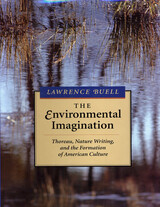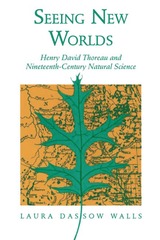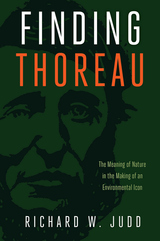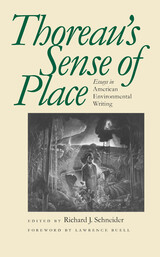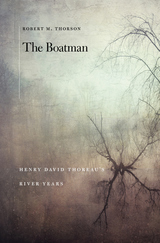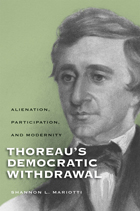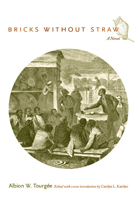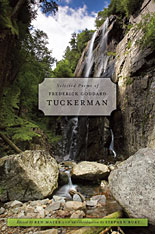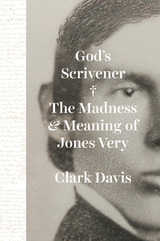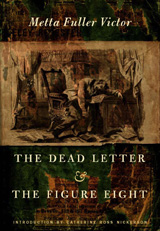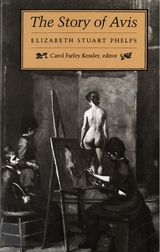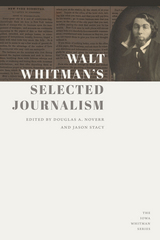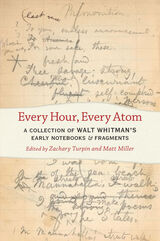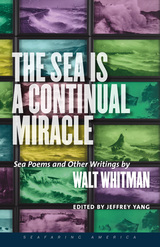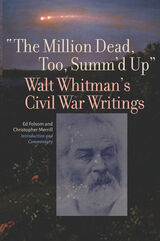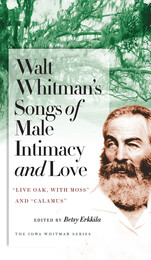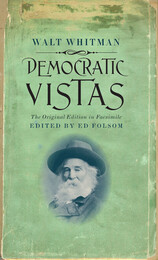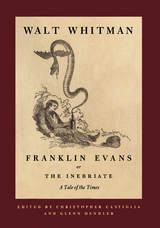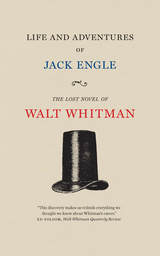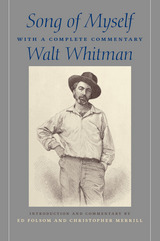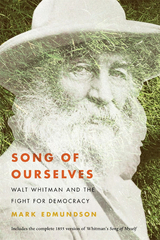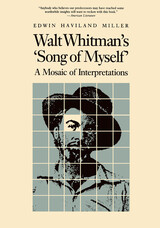Three Spiritualist Novels
University of Illinois Press, 2000
Cloth: 978-0-252-02597-6 | Paper: 978-0-252-06907-9
Library of Congress Classification PS3142.A6 2000
Dewey Decimal Classification 813.4
Cloth: 978-0-252-02597-6 | Paper: 978-0-252-06907-9
Library of Congress Classification PS3142.A6 2000
Dewey Decimal Classification 813.4
ABOUT THIS BOOK | AUTHOR BIOGRAPHY
ABOUT THIS BOOK
This volume brings together for the first time three novels that illustrate the distinguished American writer Elizabeth Stuart Phelps's enduring interest in the afterlife. The daughter of a Calvinist minister, Phelps could not reconcile herself to the idea of a heaven full of spirits who had cut their ties to those left behind on Earth. Rather, she became convinced of the viability of the Spiritualist view that a vital link to earthly life continues in the hereafter.
Articulating an alternative to conservative church doctrine, Phelps assured her readers--many of them women bereft of their loved ones by the Civil War--that Spiritualist ideas about the afterlife were not fundamentally at odds with Scripture. Like the protagonist of The Gates Ajar, these readers wanted to believe "something actual, something pleasant" about the world to come, not "glittering generalities" about a "dreadful Heaven" where their loved ones were too busy singing and worshiping to have any thought of those left behind.
All three of the novels collected here--The Gates Ajar (1868), Beyond the Gates (1883), and The Gates Between (1887)--describe heaven as a perfected version of earthly life and the afterlife as a chance to make up for opportunities squandered on Earth. A grieving sister finds consolation in the Spiritualist idea of a continued connection with her beloved brother; a dying woman finds her soulmate in the afterlife; an erring husband makes amends across the line between the living and the dead.
Tremendously popular in Phelps's lifetime, these novels offer a way of reconciling human beings to earthly loss and sorrow, assuring readers of an afterlife both restorative and compensatory. They also provide an intriguing look at a phenomenon that preoccupied nineteenth-century America and continues to fascinate us in the twenty-first century.
Articulating an alternative to conservative church doctrine, Phelps assured her readers--many of them women bereft of their loved ones by the Civil War--that Spiritualist ideas about the afterlife were not fundamentally at odds with Scripture. Like the protagonist of The Gates Ajar, these readers wanted to believe "something actual, something pleasant" about the world to come, not "glittering generalities" about a "dreadful Heaven" where their loved ones were too busy singing and worshiping to have any thought of those left behind.
All three of the novels collected here--The Gates Ajar (1868), Beyond the Gates (1883), and The Gates Between (1887)--describe heaven as a perfected version of earthly life and the afterlife as a chance to make up for opportunities squandered on Earth. A grieving sister finds consolation in the Spiritualist idea of a continued connection with her beloved brother; a dying woman finds her soulmate in the afterlife; an erring husband makes amends across the line between the living and the dead.
Tremendously popular in Phelps's lifetime, these novels offer a way of reconciling human beings to earthly loss and sorrow, assuring readers of an afterlife both restorative and compensatory. They also provide an intriguing look at a phenomenon that preoccupied nineteenth-century America and continues to fascinate us in the twenty-first century.
See other books on: American | Christian fiction, American | Fiction | Future life | Spiritualism
See other titles from University of Illinois Press

